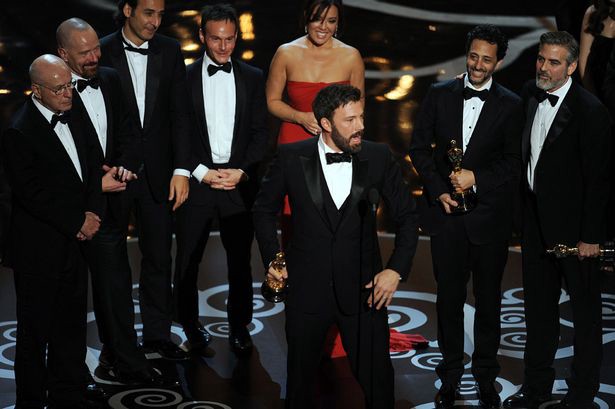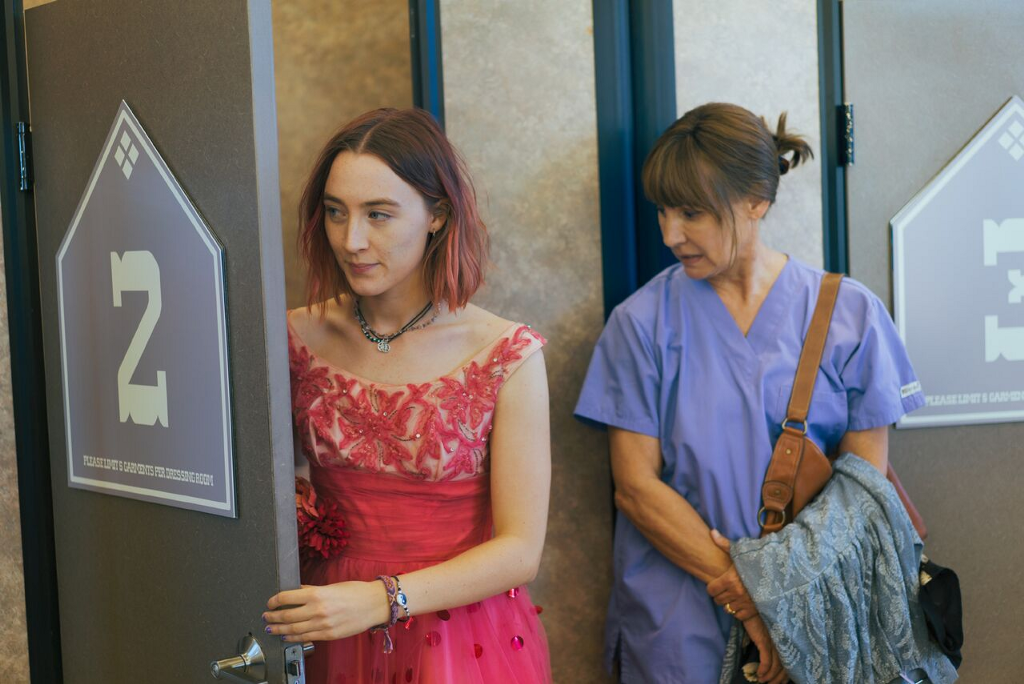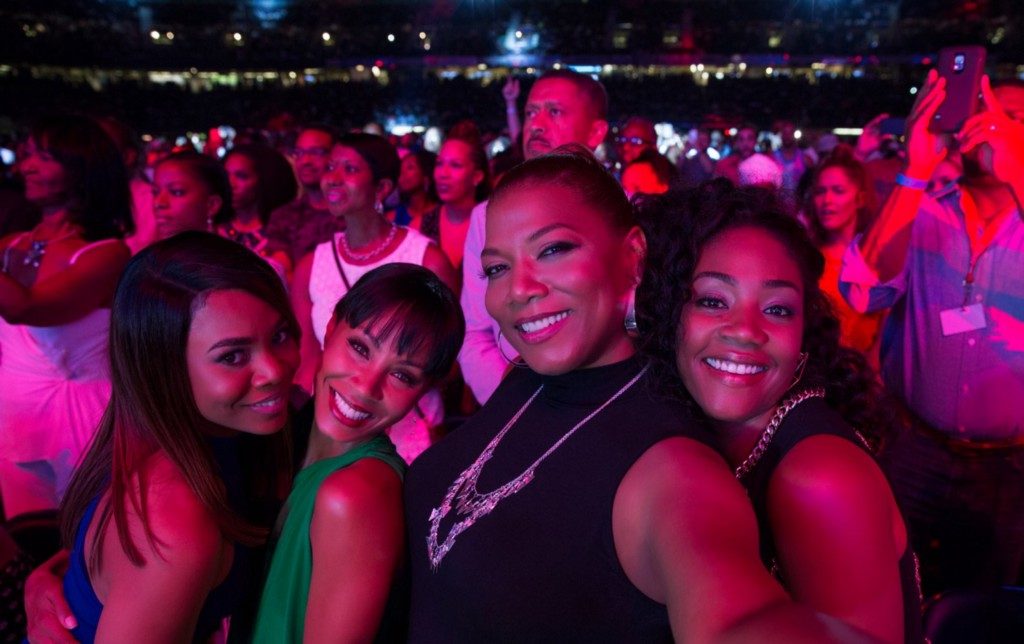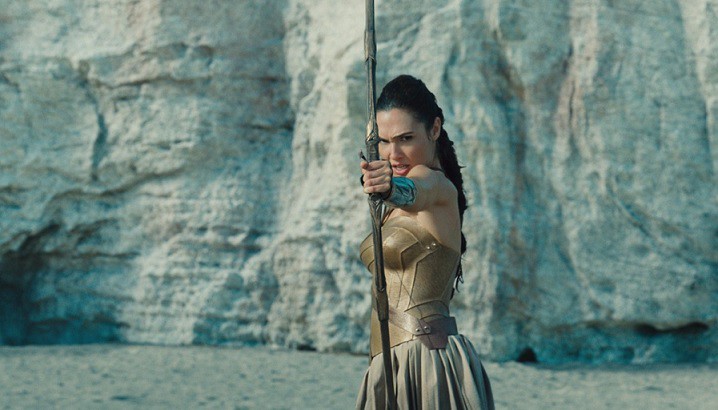Yesterday, Amanda Hess at Slate’s XX Factor blog published a piece titled “Women Buy Half of All Movie Tickets. That Won’t Mean More Female Characters.” She responds to a couple of Women and Hollywood’s recent posts regarding women and the box office, most specifically the recent data released by the MPAA that shows that, while women are the majority of ticket buyers, there are still very few movies made with female leads.
Her reaction illustrates exactly why Women and Hollywood exists. (And we thank her for this opportunity to clarify some points.)
In the piece, Hess takes on the guise of a “nefarious studio exec” to ask, “If women are already going to the movies more than men, why should I change my films [e.g., to have more female protagonists] to accommodate them?” She goes on to argue, “I see female-driven films performing well on a limited basis, but I’m not convinced that the trend will hold if I start making many, many more films starring women.”
Essentially, Hess declares that continuing to treat women as a niche audience — to keep the supply of female-led movies artificially low to raise their demand — is a lucrative tack for Hollywood. That’s not just galling to the huge numbers of female screenwriters, filmmakers, and actresses facing employment discrimination every day on the basis of their gender — it’s simply wrong.
Given that movies with female protagonists perform better than those with male protagonists, how does Hess — or that “nefarious studio exec” — know that women (and men) wouldn’t turn out in even bigger droves to see female characters on the big screen? The big chatter around Hollywood late last year and earlier this year, for instance, was the off-the-charts performance of the black rom com The Best Man Holiday and Kevin Hart and Ice-T’s Ride Along. Execs were dumbfounded by the buddy-cop comedy’s record-breaking success, because black audiences, like viewers who want stories about women, are traditionally underserved by studio filmmaking, and thus routinely underestimated in their box-office pull. Tyler Perry, in fact, has smartly built a multi-million empire by filling in the void where studio black films should be. Meanwhile, Hollywood kept leaving money on the table because they wrongly thought black films wouldn’t perform well, that they wouldn’t cross over to “mainstream” audiences. That just might well be the case with women as illustrated with the recent successes of Frozen and Catching Fire.
And we shouldn’t blame female moviegoers for being the majority of testosterone-choked films like Liam Neeson’s Non-Stop, as Hess notes. It’s not like women have much of a choice. If 80% of all films are seen at multiplexes and only 15% of the 100 top-grossing films are about women, the deck is stacked against us even when many of us want to see a film about women. Last summer, NPR’s Linda Holmes wrote about a particularly depressing moment at the multiplex, when there simply were no movies about women. (By the way, this is also why we have a Friday round-up of all the films about and by women opening each weekend. You can sign up to get your copy on the right hand side of this site.)
We at Women and Hollywood want change in the film industry, which means more films with a clear female protagonist instead of just prominent women in an ensemble. (Scarlett Johansson was wonderful in The Avengers and is reportedly fantastic in the upcoming Captain America sequel, but we all know that neither of those films are really about her.) Hence we don’t believe that ensemble films that have women co-leads qualify as films about women per se, since they are still almost always mainly about (white) men.
Hess calls us “naive.” Sure, we want to see the validation of our experiences as women (just like she does). For better or worse, movies and television are how many people, especially children, frame their view of history, of relationships, of bodies, of other cultures, of their values and wishes and desires. That’s why it’s so crucial to have gender-equal movies, so that, in Geena Davis’ words, we fight against “enculturating kids to see women and girls as not taking up half the space.”
But if this is just about money, since we’re looking at things through the eyes of Hess’ “nefarious studio exec,” Hollywood has stalled in its gender and racial diversity — and it’s in a state of crisis. As the box office globalizes, betting on white men is simply going to be more and more of a gamble — something Hollywood seems to realize with the race-blind casting of Michael B. Jordan for the Fantastic Four reboot. Everybody wants to see themselves up on the big screen — women included.
Women and Hollywood is continuing the fight for more female protagonists and a greater diversity of women on screen and in all positions in Hollywood. We invite everyone to join us.







